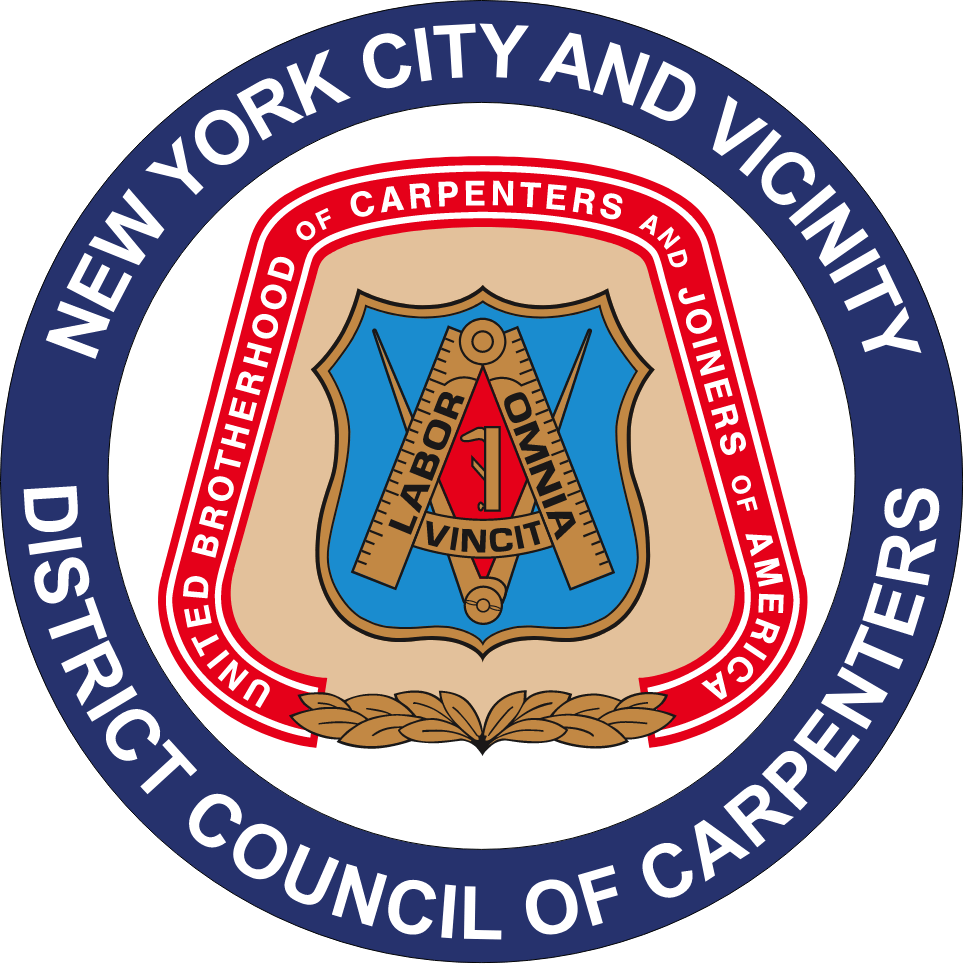When you think about turning non-union job sites union and gaining back market share, you mostly think of picket lines, rallies, and giant inflatable rats named Scabby. But in an age where the non-union sector is growing by the day and spreading like a plague across New York City, the NYC District Council is thinking outside the box. Enter: The Grassroots Activism for Shareholders Program.
It was five years ago when Mass Mutual, which usually uses the Council’s signatory contractors, decided to go open-shop. Gerry Matthews, District Council representative, realized that the union owns several hundred thousand shares of Mass Mutual. It just so happened that Mass Mutual was holding a convention in Las Vegas at the same time the Carpenters were holding a meeting in Las Vegas.
However, because the Carpenters put the pressure on Mass Mutual, they didn’t show up to their convention. Back in New York City, Gerry was able to sit down with their project managers to develop a project labor agreement (PLA). Now, Mass Mutual is a signatory across the country.
Around the same time, the United Brotherhood of Carpenters (UBC) launched what is now called the Grassroots Activism for Shareholders Program.
The UBC program recruited and trained several union representatives across the country who regularly attend shareholder meetings of major companies that the union holds shares in. Union reps also prepare reports on specific corporate governance topics, such as audit firm independence, board diversity, and executive compensation and then develops a database of a corporate directors and executives, according to the UBC’s website.
Gerry was chosen as the representative for New York City three years ago and brought onboard Council reps Sinade Wadsworth and Michael Piccirillo two years ago. Together, the team has attended nearly 100 in-person and virtual shareholder meetings.
“We started going to shareholder meetings to let these companies know that we’re in the room and that the carpenters are not just putting money out there and forgetting about it,” Gerry said. “The idea is to train us to go to these meetings and ask the tough questions, one of those being say-on-pay, which is what the CEO makes. Shareholders vote on that.”
The more shares one owns in a company, the more sway one has. If a company goes non-union, the Carpenters can attempt to change the company’s voting structure and the CEO’s pay. However, there are also other ways of navigating the corporate structure.
“It’s very important we keep in mind who the company chair people are,” Gerry said. “The chair people for some companies might also be the chair people for other companies. Hypothetically, we can say, ‘Hey, listen, I know you’re on the chair for Goldman Sachs, but you’re also on American Express and we’re having a problem with American Express. Can you help us work this out?’ Frequently, they do help. We always try to talk things out before we get to the rat and the social media bashing.”
This approach worked with banking firm JP Morgan Chase which was building non-union in the Bronx. “I have a very close relationship with the corporate secretary of JP Morgan Chase so I gave her a call and said that we have an issue. She offered to discuss it and then sat down with her team and we worked it out,” Gerry said.
However, sometimes a more forceful approach is necessary when the company does not want to talk and proposals to change the CEO’s pay are ignored.
“What we do is expose their pay to the public to let them and the other shareholders know the disparity because their pay is more than just their salary. There’s incentives and stock options, which the company likes to try and hide from shareholders, and it’s hard for them to justify such a wide gap in the pay scale.”
Gerry said when he first started going to shareholder meetings, the executives were surprised to see a carpenter in the room.
“They’re unprepared for carpenters to come in and ask these corporate questions,” he said.
But that’s exactly why it’s important for carpenters to be there. Sinade Wadsworth spoke about how increasing our presence in the corporate world will help bolster corporate accountability.
“Responsible development should require responsible contracting policies. Having a seat at the table helps boost corporate accountability long-term by ensuring that large shareholders like the United Brotherhood of Carpenters Pension funds have a voice in the oversight of the companies they invest in. I am grateful for the opportunity to be a part of this,” Sinade said.
And it’s working. Through the Grassroots Shareholders Program, the Northeast region has gained approximately 13.5 percent market share back over the three years it’s been fully active – and this is just the beginning. The more of a presence the District Council has, the stronger we will become and the easier it will be to RISE. Through the shareholder Program and other Council initiatives, we are well on our way.

